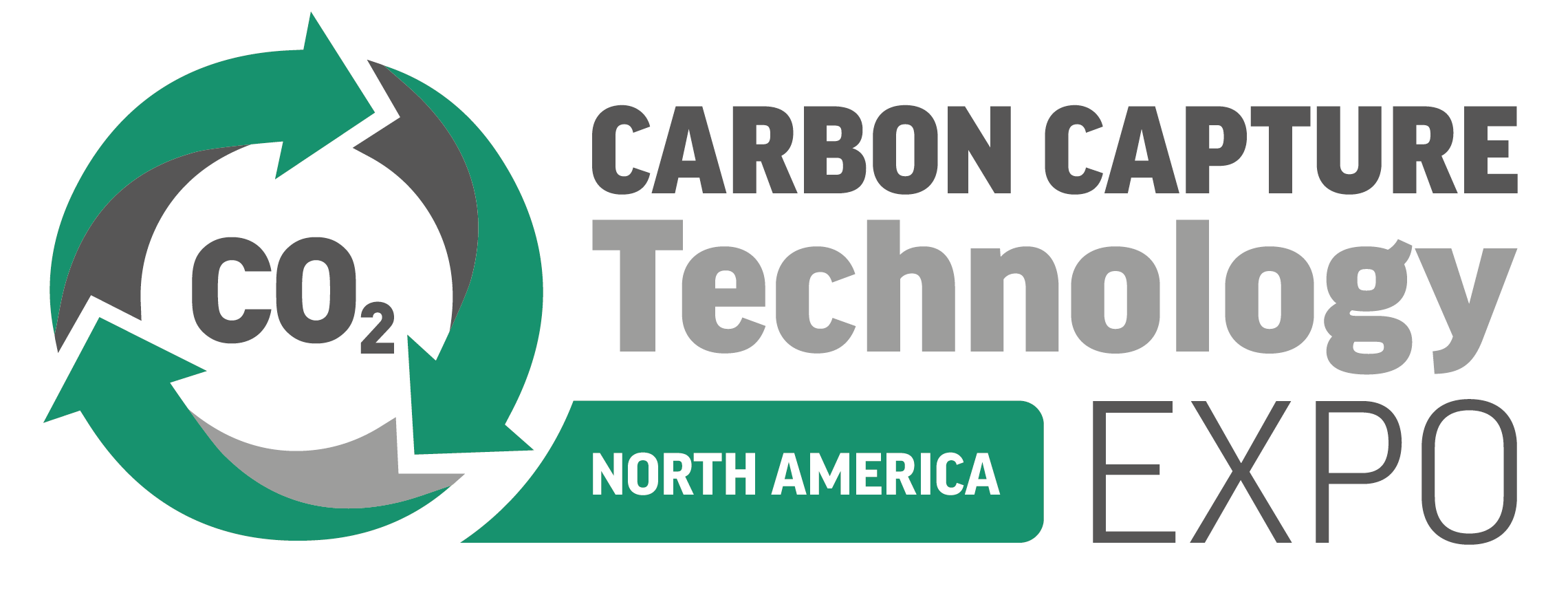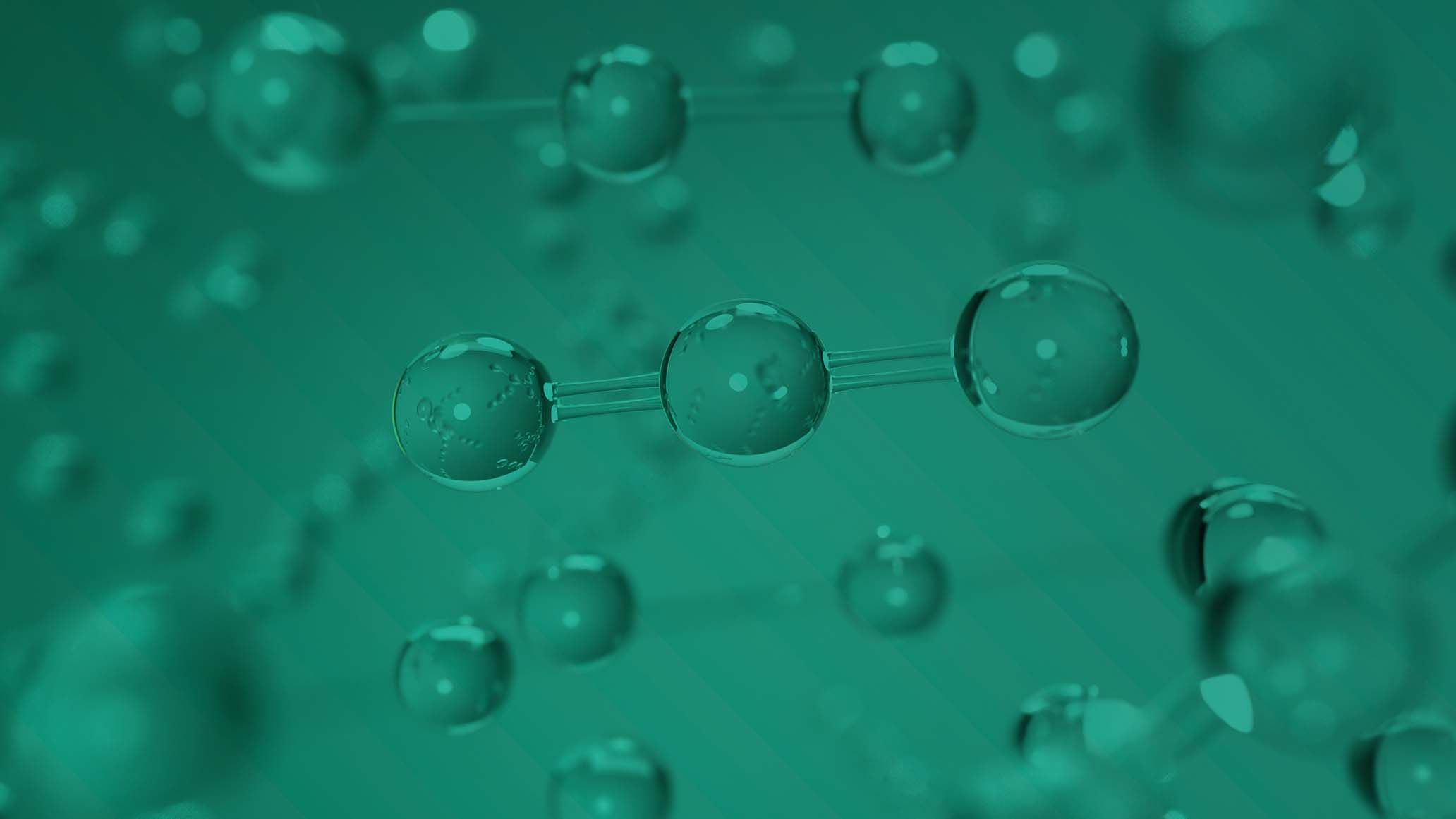RINA Confirms the Validity of Molten Carbonate Fuel Cells-Based Technology for Carbon Capture Developed by Ecospray
)
RINA released a statement confirming that the CO2 reduction achieved by the new Molten Carbonate Fuel Cells (MCFC) technology for Carbon Capture (CC) in shipping, developed by Ecospray, matches expected targets announced by the company at the beginning of the project.
In a push to even greater sustainability, Ecospray chose to use bio-LNG as fuel for the MCFC technology. The MCFC can be fueled with hydrogen, methanol, ammonia, fossil LNG, but the use of a CO2 neutral – or negative- fuel represents a plus in the application of this technology.
The statement comes after a 2-months assessment carried on by RINA, following the signing of a Memorandum of Understanding (MoU) with Ecospray back in July.
The classification society assessed the CO2 life cycle, confirming that a 500 kW MCFC, when fed with the carbon negative super bio-LNG (a bio-LNG for which the CO2 is captured during the production process) can cut the CO2 equivalent emissions of a 10 MW engine by 20%, as calculated and stated by Ecospray. The process combines the effect of using a bio-LNG, for which the CO2 has been captured, with the high-efficiency and carbon negative power generation capability of the system “MCFC fuel cell with the CO2 capturing feature”, a peculiarity of this specific type of fuel cell granted by its specific electrochemical composition.
The calculation considers the complete CO2 lifecycle analysis, resulting from the following processes:
- Bio-LNG production
- Bio-LNG processing through a steam reformer to obtain H2 rich gas
- MCFC reaction
- Capture/Liquefaction of the CO2
- Ship engine operation
Ship engine operation
The MoU also includes the assessment of feasibility of the installation of MCFC technologies on ships.
Carbon Capture with MCFC: how it works
This CC technology was one of the three officially launched by Ecospray in June 2022, together with the one based on the use of amines and the one using calcium hydroxide.
Technologies based on MCFC enable the capture of CO2 at the same time as energy production. As such, these technologies are considered strategic in the context of the energy transition, precisely due to their capacity to capture the carbon dioxide in exhaust gases and generate additional clean energy.
This is undoubtedly a technologically complex solution, but it is also the one which guarantees the best results in terms of reductions in emissions, as well as keeping operating expenses low for companies. The ideal application for these technologies is not limited to a particular type of ship: they can be used on all types of engines (2-stroke and 4-stroke) and with all fuels, HFO / LNG.
The Department of Civil, Chemical and Environmental Engineering of the University of Genoa collaborated with Ecospray for the MCFC technology, whose development began in 2020.
After completing this key stage in the validation process, Ecospray plans to start testing MCFC technologies at its Lab, equipped with engine, DeSOx scrubber and wet electrostatic precipitator, with industrialization stage expected in 2024 and launch on the market in 2025.
It’s important to note that the 500 kW MC fuel cell is very small and compact, meaning its footprint is limited, and has little to no effect on the ship’s layout.
“Ecospray continues working on several shipping decarbonization projects, focusing on two main aspects: CC technologies and bio-LNG production. In our view the bio-LNG is already playing an important role in road transportation but will have an ever-increasing role in shipping, beside the LNG. We are very pleased with RINA statement, which encourages us to accelerate the next steps of the MCFC specific project, such as the Approval in Principle, and rewards our huge efforts in R&D.” says Filippo Lossani, Marine Business Unit Director of Ecospray.
Giosuè Vezzuto, Executive Vice President Marine at RINA, comments “The results achieved by Ecospray are the demonstration that systems and technologies for achieving the CO2 reduction goals set by Regulators are being developed and introduced to the market. The industry is asking for doable and sustainable solutions: we are delighted to confirm that the Ecospray MCFC system may well be a possible option, as it delivers what it promises in terms of emission reduction”.
Press release



)
)
)
)
)
)
)



)
)
)
)
)
)
)
)
)
)
)
)
)
)
)
)
)
)
)
)
)
)

)

)
)
)

)
)
)
)
)
)
)
)
)
)
)

)

)
)
)
)
)
)
)
)
)
)


)
)
)

)
)
)

)
)
)
)
)
